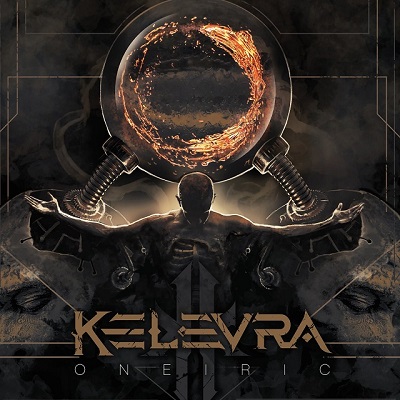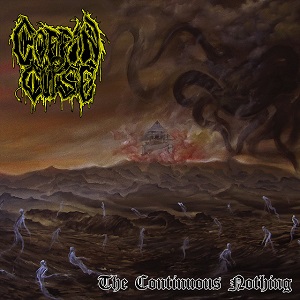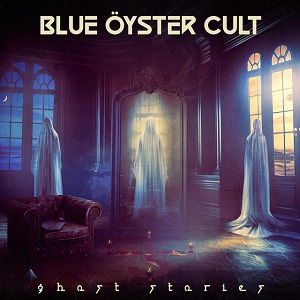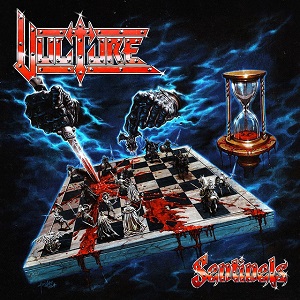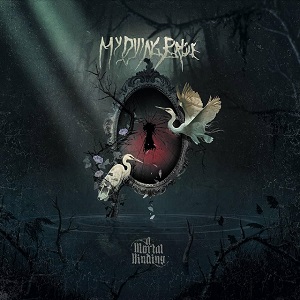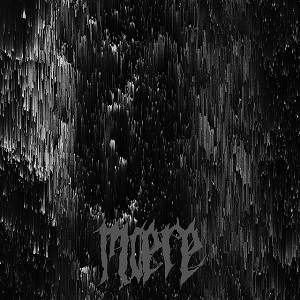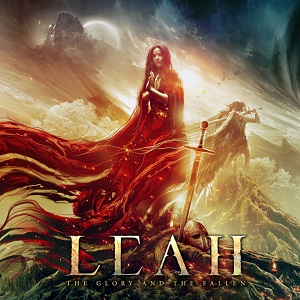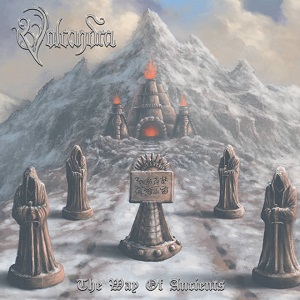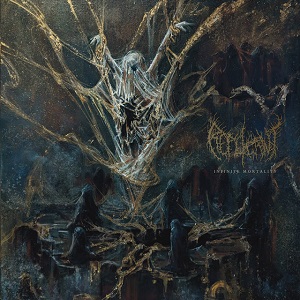TESLA Bassist BRIAN WHEAT On Band's Inactivity - "Travelling And Getting Sick Isn’t A High Priority Of Things That We Want To Have Happen"; Video
January 15, 2021, 3 years ago
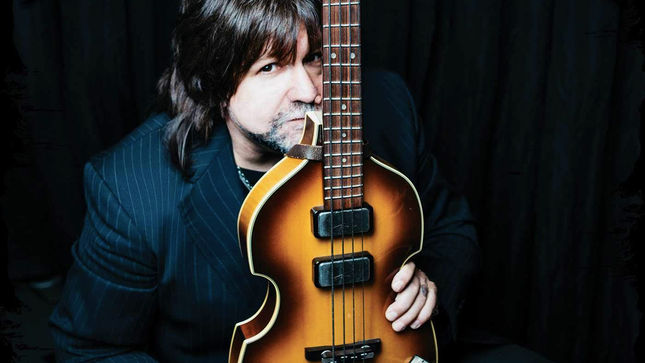
On a newly published edition of the Rock n Roll Icons Podcast with Bode James, bass guitarist Brian Wheat (Tesla, Son Of A Milkman author) talks Gene Simmons, depression, anxiety and suicide, Tesla’s inactivity during the pandemic and many other topics.
Commenting on Gene Simmons' recent doubling down on his contention that rock and roll is dead: “I don’t know...I think that Gene made a lot of money on that show in Dubai. It didn’t seem like rock was dead that night. Really, I think what he’s saying is that rock as it was in 1989 is not the same as it is today. In 1989 rock was all over the media, TV, the radio. Now it’s become more of a selective thing that is similar to the early ‘70’s when you had these waves of hard rock. Is it dead? It’s not dead, it’s just not #1 on anyone’s list. Especially when you look at that 10 year run we had from 1987 to 1997 with rock and grunge or whatever you want to call it. It was still all just rock music to me, and it was everywhere. That’s what I think he’s trying to say.
“It’s not dead because certainly when you put out Def Leppard, Motley Crue, Poison and Joan Jett in baseball stadiums and it sells out in a day, that’s not an indication that that kind of music is dead. But look, there’s less rock stations and TV doesn’t play rock videos, so yeah it’s different. I wouldn’t say it’s dead, but that’s Gene’s thing. I’m not worried about Gene’s thing.”
On songwriting and getting older: “It’s changed because I’ve developed more skills. I’ve learned how to write songs better than I did when I was young. It’s like going to the gym for 30 years. All of a sudden you’ve got your technique down, you know how to get muscles if you want muscles. When you first go there you don’t know shit and you’ll try anything. That’s kind of how I equate it.”
On writing Tesla hits: “Some come easy and some took a long time. Something like ‘What You Give” took two albums to finally come to life, and something like ‘Modern Day Cowboy came about fairly quickly. It just depends on the song.”
On Tesla’s inactivity during the pandemic: “The reason behind it is a combo of a bunch of things. We’re scattered all over the country for one thing, we’re older so travelling and getting sick isn’t a high priority of things that we want to have happen. We’ve (Tesla) been hitting it pretty hard for the last 20 years without a break, so there’s a break factor that did come in. More important than that is that we don’t live in the same town any more. We’re not the kind of band that makes a record with one guy in New York, one guy in Tennessee and two guys in California. We just don’t do that. We have to be all in a room in close proximity to each other to make Tesla music.”
On the topic of suicide which he covers in his book: “It starts when you try to talk with people about anxiety and depression. That’s like the cousin you want to hide in the other room. That’s what I think leads to depression. Suicide results from when people try to talk about depression and anxiety and other people tell them that it’s all in their head…that they’re crazy. The end result is that they wind up taking their own lives. That is the message I was trying to get across.
“If you’re struggling reach out and talk to someone because you’re not the only one. It’s not all in your head, you’re not crazy! I go through it as well.”
The Rock n Roll Icons Podcast with Bode James is an organically formatted interview program with the leading names in both the worlds of rock and roll & comedy. The Rock n Roll Icons Podcast can be heard on on all major podcast platforms as well as newly added to YouTube on video.
Brian Wheat lifts the lid on living the rock ’n’ roll life while struggling with anxiety, depression, and other issues seldom discussed by musicians in his new book, Son Of A Milkman: My Crazy Life With Tesla, available via Post Hill Press (and co-penned by Chris Epting). Order the book here.
Brian Wheat is far from your typical rock star. As bassist for the multi-platinum band, Tesla, he’s enjoyed the spoils of success and lived the sex, drugs, and rock ’n’ roll lifestyle to the hilt. But it came at a cost, one that took years to repair.
In this deeply honest and utterly revealing memoir, Wheat sheds light on the many challenges he faces, including bulimia, weight issues, and the crippling anxiety and depression caused by his conditions. Just like the songs his legendary band made, this is no-nonsense, blue-collar storytelling at its best. While revealing the vulnerable human behind the bass guitar, this autobiography also offers tremendous stories of life on the road, and collaborations and encounters with legendary figures like his pals in Def Leppard, David Lee Roth, Alice Cooper, and Paul McCartney. Son Of A Milkman will entertain, surprise, and inspire longtime fans of this enduring band.
Son Of A Milkman features a foreword by Def Leppard vocalist Joe Elliott, and was co-written with award-winning journalist and author Chris Epting, whose titles include Adrenalized (co-written with Def Leppard’s Phil Collen) and Change Of Seasons (co-written with John Oates).
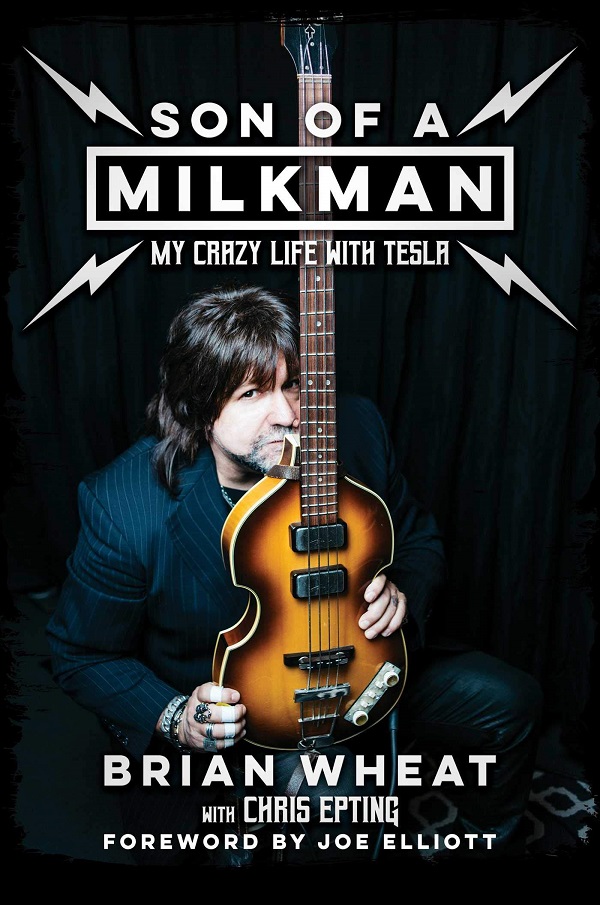
Brian Wheat is best known as the bass guitarist of the platinum-selling band, Tesla, which he cofounded in 1982. Tesla became one of the biggest bands of the late 1980s–1990s. Brian owns a recording studio by the name of J Street Recorders in Sacramento, California. Papa Roach, Tesla, Pat Travers, Deftones, Kodiak Jack, Flashfires, and many others have recorded there. Chris Epting is an award-winning journalist and the author of many books, including Adrenalized (co-written with Def Leppard’s Phil Collen) and Change Of Seasons (co-written with John Oates).
A Conversation with Brian Wheat:
Q: What inspired you to write Son of a Milkman?
A: "When I was going through my initial therapy, my therapist told me the best way to let things go was to write things down – and perhaps do a book. That was more than 25 years ago and today more than ever it really made sense because we are not getting any younger."
Q: What do you hope is the biggest takeaway from the book?
A: "Two things: I hope Tesla fans get the history as I remember it. Each band member has his own perspective but this is mine. Second: I hope that people who suffer from depression, anxiety etc. will now understand that even guys in rock bands deal with this stuff and that you can live through it."
Q: Can you talk about your favorite memory you have with Tesla?
A: "Too many, but one big one was the night we all got back to Sacramento in 2000 before a sold-out arena crowd."
Q: Is there a specific moment in your career that stands out when you felt like the band officially “made it”?
A: "When we saw 'Love Song' all over the radio and MTV – that was when I finally saw everything I had dreamed of."
Q: We often hear about the appeal of the sex, drugs, and rock ‘n’ roll lifestyle, but why do you think it’s important to shine a light on the struggles musicians face as well?
A: "Because it’s not all glamor. There’s lots of hard work and sacrifice with no rewards or pay off - it can lead to drink, drugs, loneliness and depression. It’s an intangible business with no guarantees."
Q: What is something readers would be surprised to learn about you?
A: "That I have a soft side."
Q: What is the best piece of advice anyone has ever given you?
A: "My mom - two things - anything that goes up has to come down, and always save half of what you make."

